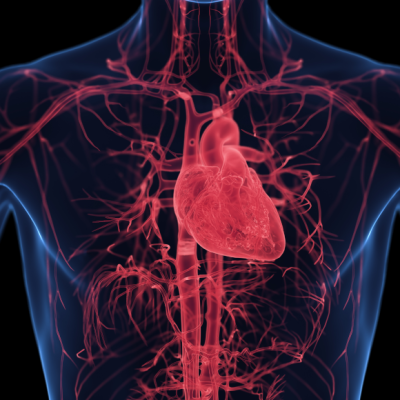A new filter material has been developed that can remove almost all “forever chemicals” (PFAS) from drinking water. These simple filter systems are primarily intended for use in remote regions with contaminated drinking water. Per- and polyfluoroalkyl substances (PFAS), also known as “forever chemicals” and “century poisons,” are a complex group of chemicals primarily used in industry. These harmful chemicals are now present in numerous products, including toilet paper. The problem with PFAS is that they are virtually indestructible. Researchers at the University of British Columbia (UBC) have developed an innovative water treatment system that can reliably and safely remove forever chemicals from drinking water. According to them, this is a milestone in the history of water treatment technology.
The researchers have developed a novel adsorption material that can capture and retain all PFAS particles present in the water supply. The PFAS are then destroyed using special electrochemical and photochemical processes developed in the Mohseni laboratory. The adsorption material can capture up to 99% of PFAS particles and can also be regenerated and potentially reused. The team around Mohseni wants to develop water supply solutions for rural, remote regions, and indigenous communities.
The team is currently working on pilot plants that will be installed in several locations in British Columbia. The goal is to find further optimization potential for the filter systems. The results obtained from these real field studies will enable the team to further optimize the technology and provide it as products that communities, industry, and individuals can use to remove PFAS from their water. The adsorption material is particularly advantageous for people in smaller communities who do not have the resources to use the most advanced and expensive solutions to remove PFAS. These can also be used in the form of decentralized and in-house water treatment plants.










